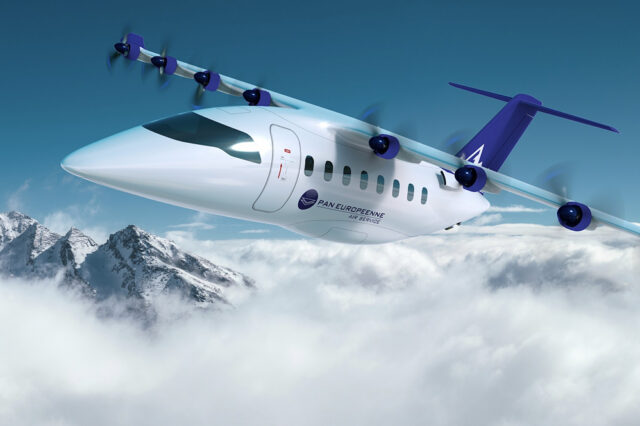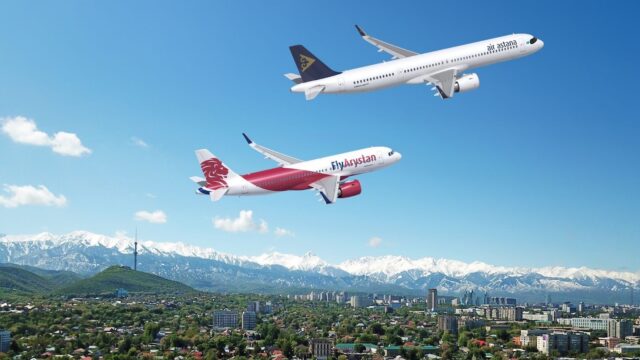What US tariffs could mean for Airbus and Boeing’s global game plan

April 8, 2025

The latest round of US tariffs is sending ripples through the aerospace industry, with Airbus and Boeing, the sector’s two dominant players, facing sharply different consequences. The measures, which include a 20% duty on imports from key trade partners like China, Canada, and Mexico, will force both companies to reassess their supply chains and production strategies. However, it’s Boeing that may be feeling the heat more intensely.
Boeing faces global supply chain pressures
As an American aerospace titan, Boeing might seem insulated from US trade actions, but its deep reliance on a global network of suppliers tells a different story. Components sourced from tariff-affected nations now come with significantly higher costs, which could drive up Boeing’s aircraft prices. That, in turn, may erode the company’s competitive edge in overseas markets.
To complicate matters further, countries targeted by US tariffs are expected to retaliate, potentially limiting Boeing’s access to critical international markets. Analysts warn that the combined effect of higher input costs and restricted exports could hinder Boeing’s ability to meet global demand profitably.
Airbus leverages its US footprint
Airbus, although a European-based manufacturer, is better positioned to absorb the tariff shock, thanks to its strategic manufacturing presence in the United States. With major facilities in Alabama, Mississippi, and Florida, Airbus can assemble aircraft on American soil, thereby avoiding many of the import duties that are now hitting Boeing’s supply chain.
Still, Airbus isn’t entirely in the clear. Key components imported from Europe and other regions may also be subject to new tariffs, which could raise production costs across the board. In response, Airbus CEO Guillaume Faury has suggested the company may prioritise aircraft deliveries to non-U.S. customers if its US operations become less viable under the new trade regime.
Shifting market dynamics
These changing conditions are already influencing airline procurement strategies. US carriers, faced with the possibility of higher costs for Boeing aircraft, may increasingly look to Airbus alternatives, particularly those assembled domestically. At the same time, global carriers could turn away from Boeing if its aircraft become more expensive due to tariff-related inflation.
Market analysts suggest that Airbus could gain market share in both domestic and international markets if Boeing’s price competitiveness continues to decline under the weight of tariffs and retaliatory trade measures.
A new trade reality for aerospace
The unfolding trade dynamics highlight the vulnerability of even the most established aerospace players to geopolitical shifts. While both Boeing and Airbus must now navigate a more complex and costly landscape, Airbus’s diversified manufacturing strategy gives it a clear tactical advantage in this phase of the trade war.
For Boeing, the road ahead may include tough decisions about reshoring supply chains or absorbing higher costs in order to maintain market share. For Airbus, the tariffs present an unexpected opportunity to deepen its footprint in the US and beyond.
Subscribe to the Aerospace Global News weekly updates to receive all the latest news on this and more directly to your inbox.
















